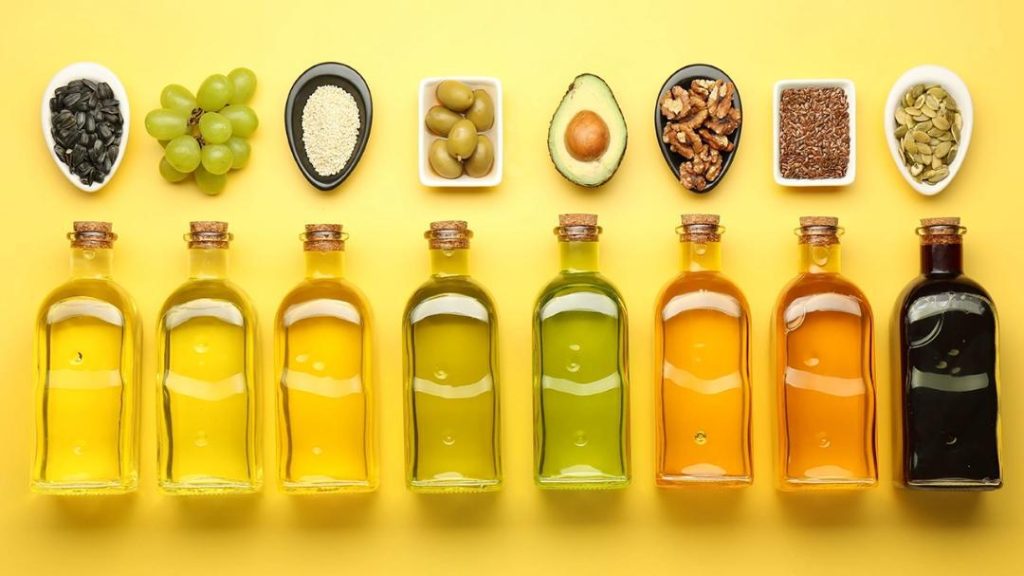
What do Experts Say about Health Hazards & Benefits of Seed Oils?
Seed oils, which contain unsaturated fatty acids, have been a topic of debate in the health and wellness community. While some critics claim that seed oils contain toxic byproducts of hexane, a chemical considered hazardous in gaseous form, others argue that these oils are safe and even beneficial for our health. In this blog post, we will delve into the expert opinions on the health hazards and benefits of seed oils.
Hexane, a chemical used in the extraction process of seed oils, has been a major concern for many. Critics argue that the residue of hexane in seed oil can be harmful to our health. However, Massachusetts University Food Science Professor Eric Decker contradicts this claim. According to Decker, the residue of hexane in seed oil is not dangerous.
Seed oils, such as canola, sunflower, and corn oil, are rich in unsaturated fatty acids, which are considered a healthy alternative to saturated fats. These fatty acids can help lower cholesterol levels and improve heart health. Additionally, seed oils are often fortified with omega-3 and omega-6 fatty acids, which are essential for brain function, eye health, and immune function.
Ohio University Food Science Professor, Dr. Xiaofei Fan, further supports the claim that seed oils are safe. According to Dr. Fan, “Seed oils don’t increase acute or chronic inflammation markers.” Inflammation is a major risk factor for chronic diseases such as heart disease, diabetes, and cancer.
The American Heart Association recommends that adults consume 20-35% of their daily calories from fat, with an emphasis on unsaturated fats. Seed oils are a rich source of unsaturated fats, making them a healthy addition to a balanced diet.
Another concern associated with seed oils is their processing methods. Some critics argue that the high-heat processing methods used in the extraction of seed oils can damage the oil’s natural nutrients and create harmful compounds. However, many experts argue that the processing methods used today are designed to minimize the damage to the oil’s nutrients.
According to the article, “Are seed oils really a health hazard? Experts debunk myths and reveal the science,” published in Hindustan Times, many seed oils are now being extracted using cold-pressing methods, which minimize the damage to the oil’s nutrients.
Seed oils have also been linked to various health benefits, including:
- Reduced risk of heart disease: The unsaturated fats in seed oils can help lower cholesterol levels and improve heart health.
- Improved brain function: The omega-3 and omega-6 fatty acids in seed oils are essential for brain function and cognitive health.
- Reduced risk of chronic diseases: The antioxidants and polyphenols in seed oils have been shown to have anti-inflammatory properties, which can help reduce the risk of chronic diseases such as cancer and diabetes.
While some critics argue that seed oils are a health hazard, experts argue that these oils are safe and even beneficial for our health. The residue of hexane in seed oil is not dangerous, and the processing methods used today are designed to minimize the damage to the oil’s nutrients.
In conclusion, seed oils are a healthy and safe addition to a balanced diet. While some critics have raised concerns about the processing methods and hexane residue in seed oils, experts argue that these oils are safe and even beneficial for our health. With their rich sources of unsaturated fatty acids, antioxidants, and polyphenols, seed oils can help reduce the risk of chronic diseases and improve overall health and well-being.
Sources:






